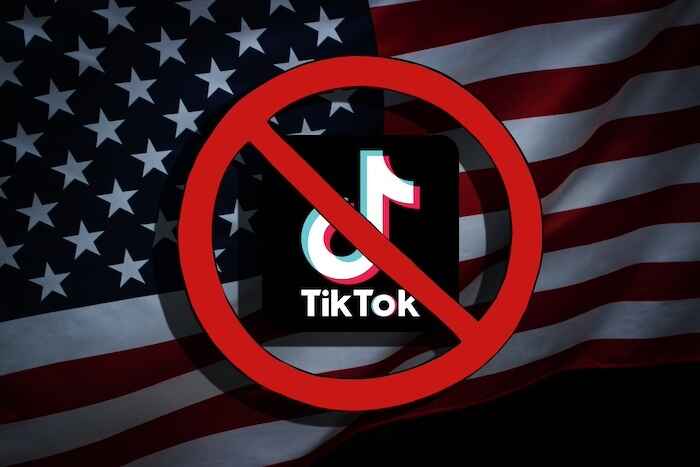Create the Ultimate Exit Strategy With These Four Questions
Joel Salatin|May 10, 2022

Editor’s Note: The pandemic led to an explosion in small business applications. Millions of folks seized the opportunity to strike out on their own. It’s a trend that Joel is cheering on… and wants to see grow. Below, he shares the four questions anyone can ask themselves or those they mentor to help decide whether entrepreneurship – what Joel calls the “ultimate exit strategy” – is right for them.
According to business gurus, only 10% of people have the character and personality to be entrepreneurs.
I’m not sure I agree with that.
Necessity is the mother of invention. And unusual times create unusual opportunities.
I think many more people would become entrepreneurs if circumstances made it a better option.
Job security is wishful thinking these days. The WWII generation could expect to take a job and stay in it all the way to retirement. No longer. The average employee today will work for 10 different outfits over the course of their career. To be sure, most of those changes are steps up.
And certainly right now anyone who wants a job can get one. Current employment statistics indicate that two job offers exist for every person looking.
There are several reasons for this surplus, not the least of which are changes to the employment landscape.
In the last 10 years, railroads have cut nearly 30% of their personnel.
Downsizing and leaning out are goals across the business sector.
Protocols like vaccination requirements or “hold harmless” agreements add yet another layer to the work environment.
When things are in flux, both opportunity and crisis exist. While getting a job may be easy, consistency and security in the workplace are suspect right now.
Perhaps this is the perfect time for folks of all ages to entertain the entrepreneurial option, or what I call the “ultimate exit strategy.”
One of the best reasons to own a business is to avoid taxes. You can write off many expenses in pre-tax dollars, allowing you to earn less but maintain the same standard of living. Earning less and paying less in taxes is a great way to fight against bloated bureaucracy.
So for anyone thinking about striking out on their own… or helping someone decide whether it’s the right move for them… here are the questions I ask the folks I mentor and counsel to determine whether jumping off the employee train and onto entrepreneurism will work for them.
1. Are you peer-dependent?
For some reason, people enjoy poo-pooing innovative ideas. “They laughed at Fulton” is the quintessential manifestation of this principle. Can you withstand family or friends naysaying your bright idea?
If you don’t have a thick skin, you won’t survive the onslaught. Entrepreneurs need a bit of a porcupine exterior.
2. Do you have a nest egg?
Jumping off a cliff is fine… if you have a parachute or a rope harness. If you don’t, it’s deadly. The jump will be bumpy no matter what, but you need a cushion while you’re developing your concept.
That means you should be completely debt-free (including your mortgage) and have enough savings to live on for a year. It also means you need to practice frugality on steroids. Grow your own food, drop to one vehicle, downsize, minimize and forget vacations, entertainment and eating out. Stay home and guard your egg basket.
Right now, half of all Americans can’t put their hands on $500. That’s a profound statistic, and it speaks to our overspending, consumerism culture. If you can’t save money now, you’ll never save it while launching your fledgling business.
3. How committed are you?
Asked another way, “What would it take to stop you?” How determined are you to punch through, to make it happen, to be successful? If you go into business with a “Let’s try it” attitude, you won’t have the grit to get through the difficulties. You’ll give up right before you achieve success. I’ve watched hundreds of farms over the years go into launch, then difficulty, then despair. Somewhere between three and five years in, the owner throws in the towel.
Once you jump, are you all-in?
4. Who will mentor you?
Do you know someone who has done something similar who can keep you from making mistakes? Sometimes this may be a writer, or in today’s world, even a YouTube guru.
You need to accumulate enough positive energy and encouragement for your idea that you can withstand the naysayers and the difficulties. It’ll never be as easy as you think. You need psychological inspiration to keep you pepped up when things go awry. We all need tribes.
5. What are your values? Does this idea fit with them?
You can identify your values by itemizing where you invest your time, money, energy and thoughts. Do you find yourself daydreaming about the idea for your business? Do you buy books about it, go to conferences that explain it, befriend people with similar ideas?
You’re not looking for something to do. You’re looking for something to give your life to. Vision drives mission, mission drives operations. Your vision needs to be a naturally synchronized outgrowth of your values.
Acing this test means you’re ready to bet on you, not the other guy.
In today’s fluctuating business climate, trust and faith in partners – and employers – is harder and harder to find. Goodness, think of the people who lost their jobs because they wouldn’t get jabbed. Who saw that coming? Think about the work climate surrounding “wokeness” and political partisanship.
In this climate, betting on ourselves could be the most stable option for flourishing.
Think about it.

Joel Salatin
Joel Salatin calls himself a Christian libertarian environmentalist capitalist lunatic farmer. Others who like him call him the most famous farmer in the world, the high priest of the pasture, and the most eclectic thinker from Virginia since Thomas Jefferson. Those who don’t like him call him a bioterrorist, Typhoid Mary, a charlatan, and a starvation advocate. With a room full of debate trophies from high school and college days, 12 published books, and a thriving multigenerational family farm, he draws on a lifetime of food, farming and fantasy to entertain and inspire audiences around the world.





